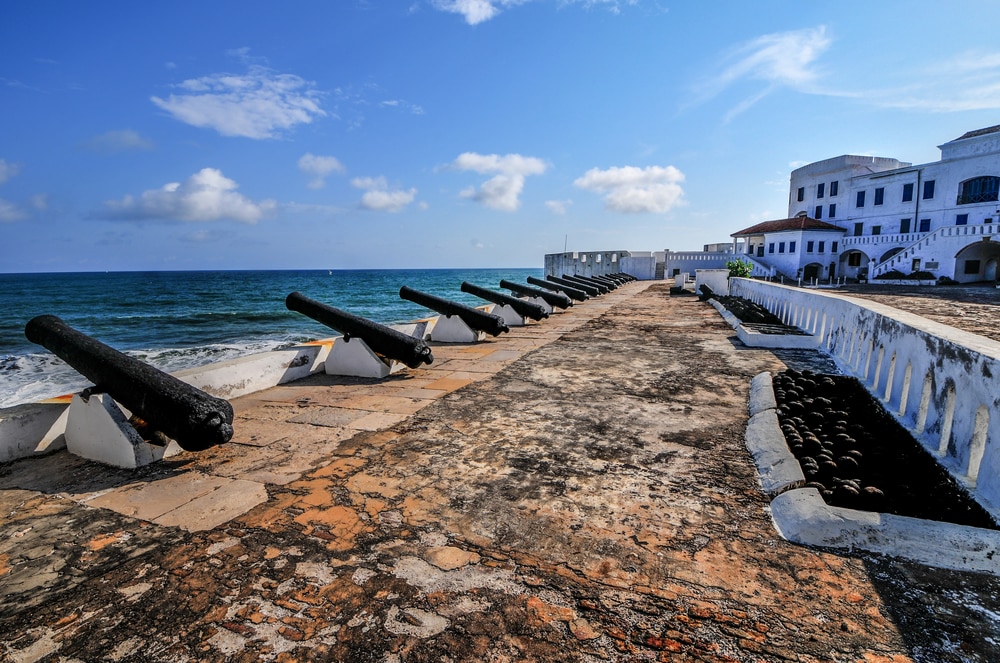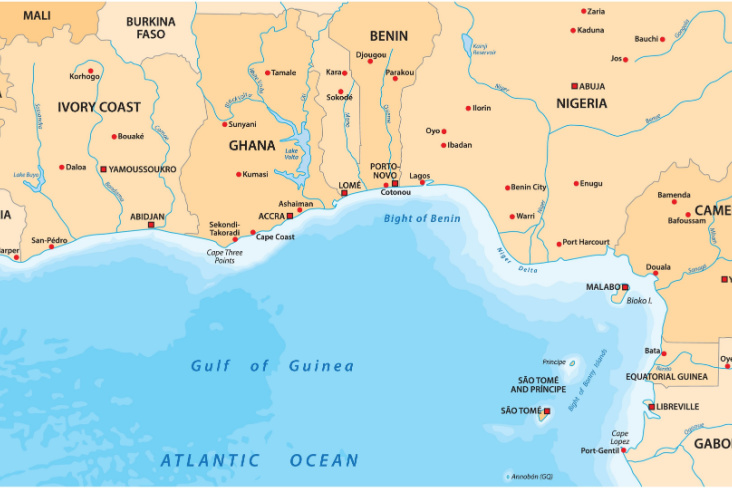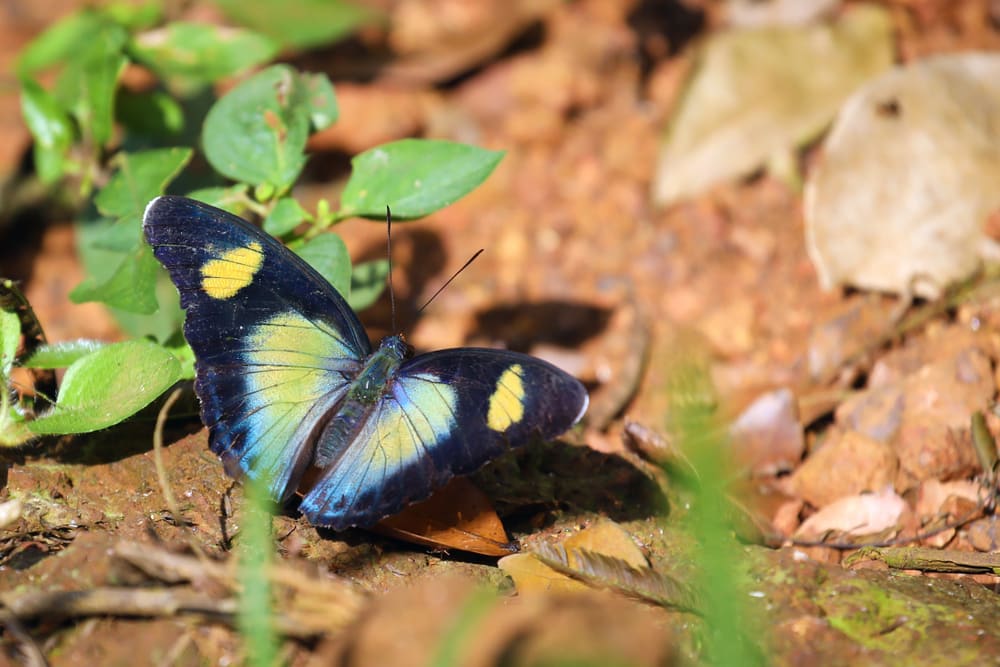The most interesting facts about Ghana include a history-making 10-year-old DJ and a world record for running backwards.

Fast facts
Official name: Republic of Ghana
Capital city: Accra
Population: 33.8 million
Area: 238,533 sq km
Major languages: English, Fante, Akuapem Twi, Asante Twi, Ewe, Dagaare, Dagbanli, Adangme, Ga, Gonja, Kasem, Nzema
Major religions: Christianity, Islam
Time zone: UTC 0 (Greenwich Mean Time)
Interesting facts about Ghana
1. Ghana is a country in West Africa bordering Burkina Faso, Cote d’Ivoire and Togo.
2. Ghana was initially occupied by the Akan people between 1200 and 1600. They remain the largest ethnic group in the country today.
3. From 1482 Portuguese and then other European countries set up trading posts to trade gold with the Akan.

4. During the 16th and 17th centuries, slavery overtook gold as the main export in the region as English, Dutch, Danish and Swedish traders arrived.
5. The Asante (Ashanti) Empire ruled over much of southern Ghana during the 18th and 19th centuries. The Ashanti traded gold and other goods with Europeans as well as supplied slaves.
6. Ghana was proclaimed a British crown colony in 1874. It was known as the Gold Coast because of the large amounts of gold that was found in the area.

7. In 1957, Ghana became the first sub-Saharan country – and as such the first black African country – to gain independence from colonial rule.
8. Kwame Nkrumah was Ghana’s first Prime Minister and President after leading protests against British rule in Africa. He was overthrown in a coup in 1966.
9. One of the most famous sites in Ghana is the Cape Coast Castle. Here, slaves were imprisoned before transportation. The British eventually banned the slave trade from the Gold Coast in 1807, and then across all its colonies in 1833.

10. From 1964, Ghana suffered from a number of destabilising coups and was often under military rule. Ghana was predominantly a one-party state until 1992 when a multi-party system was restored.
11. Having recently overtaken South Africa, as of April 2019, Ghana is Africa’s largest and the world’s 6th largest producer of gold.
12. The Ghanaian flag is a simple horizontal tricolour of red-white-green with a central black star. The red signifies the struggle for independence, the yellow the wealth of the country and the green represents its forests and farms. The black five-pointed star is known as the ‘lodestar of African freedom’.

13. In Ghana, the day of the week a child is born will compose part of their name. For example, a child born on Sunday will either have the name Kwadwo for a boy or Adzoa for a girl.
14. Football is Ghana’s most popular sport. The national team, Black Stars, has won the African Cup of Nations four times. Only Egypt (7) and Cameroon (5) have won more.
15. In 1991, Ghanaian Ferdie Ato Adoboe set the world record for the fastest run backwards. He ran 100m backwards in 13.6 seconds.

16. Kofi Annan is probably the most internationally known Ghanaian. He was the UN Secretary-General from 1997 to 2006. Annan died in 2018 at the age of 80.
17. Kofi Annan is Ghana’s only Nobel Prize Winner. He won the Peace Prize in 2001 for his ‘work for a better organized and more peaceful world.’
18. The UNESCO-listed Asante Traditional Buildings are a collection of 18th-century dwellings made of earth, wood and straw and are considered the “last remaining testimony of the great Asante civilisation.”

19. Ghana means ‘Warrior King’ in the Soninke language. Soninke is primarily spoken in Mali, but still has speakers in Ghana and in several West African countries.
20. One of the most curious facts about Ghana is how traditional healers play a large role in its health system. Because of the limited availability of healthcare, traditional medicine is used by up to 70% of patients in Ghana.
21. Ghana is known for its butterflies. Kakum National Park is home to over 600 species of butterfly.

22. Ghana is the world’s second-largest producer of cocoa beans, used in chocolate products. Neighbouring Côte d’Ivoire is the first.
23. Kejetia Market in the city of Kumasi has 11,000 stalls and over 40,000 people working there. It is claimed to be the largest market in West Africa.
24. In 2018, 10-year-old Erica Tandoh, better known as DJ Switch, won the Ghana DJ Award after drawing big crowds at her performances. She became the youngest winner ever of the award.

25. Ghana is the second most peaceful country in Africa. Ranked second in Africa, Mauritius (28) is the only African nation ranked higher. Ghana is ranked 51st overall.
26. In 2018 a statue of Mahatma Gandhi was removed from the University of Ghana after protests from students who argued the Indian independence leader considered Africans inferior.
27. Gold accounts for nearly half (49%) of all of Ghana’s exports, valued at $9.53 billion.
Every effort has been made to verify these facts about Ghana using primary sources. However, if you find an error or have any questions, please contact us.
